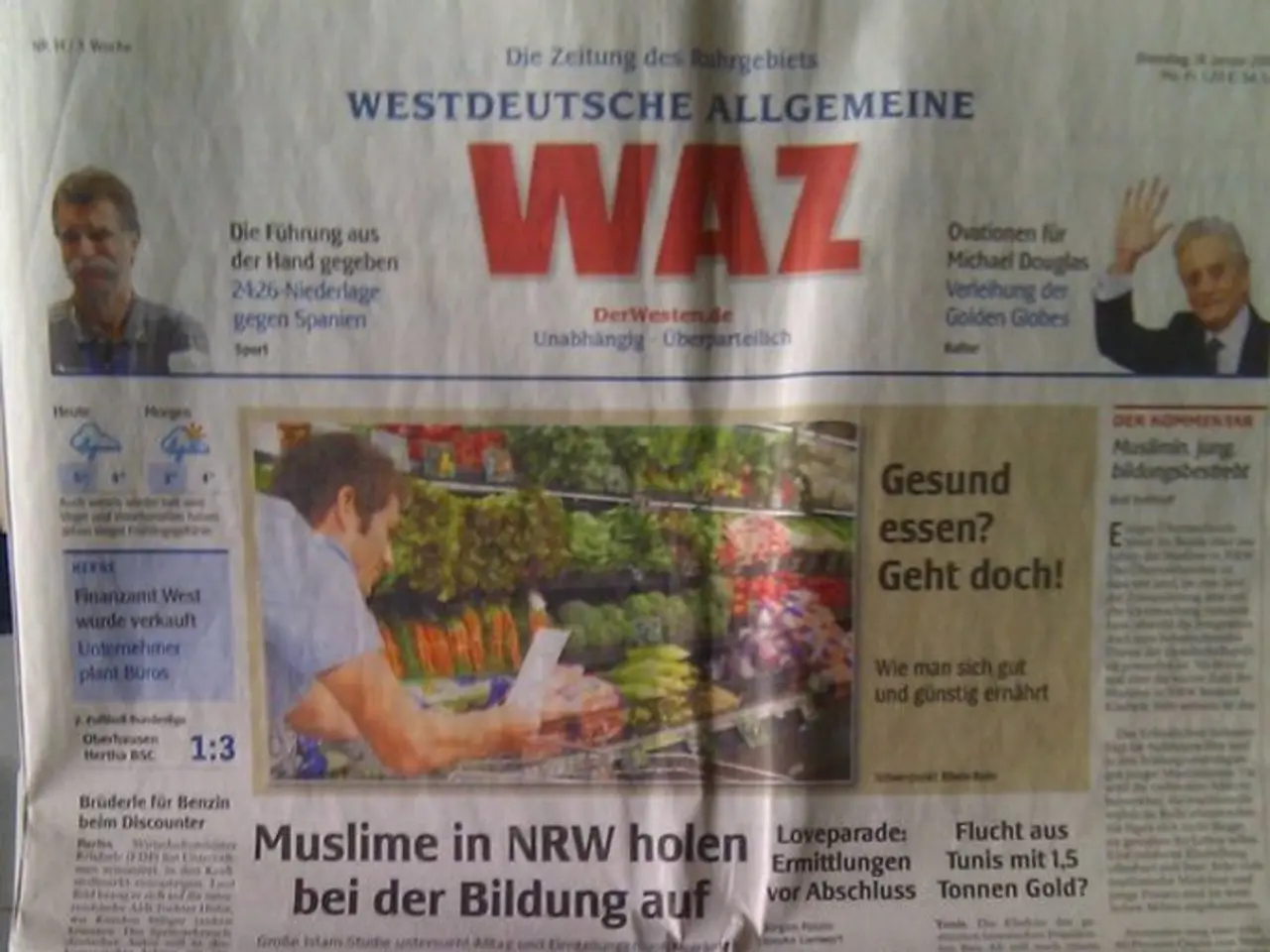Long queues form at the Polish border.
In the European Union, border control measures have been bolstered in response to a persistent influx of illegal migrants, primarily from Belarus, as part of an ongoing geopolitical crisis initiated by Belarusian authorities.
The situation has been particularly severe at the borders between Belarus and EU nations, such as Poland, Lithuania, and Latvia. In August 2025 alone, Poland recorded over 550 illegal border crossing attempts within 72 hours, with migrants using violence, including projectiles and Molotov cocktails, against Polish border guards.
To address this issue, enhanced border militarization and legal measures have been implemented in Poland, while the EU has provided funding to reinforce eastern borders.
In terms of travel to the EU, significant changes are underway. From 2025, the European Union has rolled out two digital systems aimed at improving travel authorization and entry-exit record-keeping for visa-exempt visitors.
The first system, known as the Entry and Exit System (EES), replaces the manual stamping of passports at external borders. The second system, the Electronic System for Travel Information and Authorization (ETIAS), requires visa-exempt foreign travelers from around 60 countries to apply electronically before traveling to the EU.
Upon the first border crossing using the new ETIAS system, all entrants, including Belarusians, will undergo a specific procedure. This includes officers scanning fingerprints and taking photographs, which will be recorded digitally.
The ETIAS system applies to those who arrive in Europe for short stays, such as vacations. It will eliminate the need for stamps in passports and aims to enhance border security and controls by pre-screening travelers and digitizing border crossing procedures.
Meanwhile, the flow of trucks is significantly affected at certain border crossings. At the Latvian border crossing "Paternieki" ("Grigorovschina"), only 41% of the normal capacity has been processed, with 575 trucks waiting. The situation is less severe at the Lithuanian border, with 160 cars waiting to enter at the checkpoints "Medyininkai" ("Kamenny Log") and "Shalčininkai" ("Beniakoni").
However, the queue at the Polish checkpoint "Terespol" ("Brest") has grown by more than 450 vehicles since Monday, August 4, with 2545 cars and 65 buses queued as of 12:00 on August 8. Polish border guards are processing only 37% of the normal capacity at this checkpoint.
Some border crossings may have self-service systems installed to help alleviate the congestion. These developments reflect a complex mix of geopolitical tensions, migration management challenges, and modernization of EU border control infrastructure.
On a separate note, Romania and Bulgaria fully joined the Schengen Area for sea and air travel as of January 1, 2025, allowing freer movement within the bloc.
[1] BBC News, "Belarus migrant crisis: EU leaders to discuss response", 2021. [2] European Commission, "Romania and Bulgaria join the Schengen Area", 2025. [3] Reuters, "Belarus accused of weaponizing migrants in EU border crisis", 2021. [4] European Parliament, "ETIAS: a new system for travel authorisation", 2023. [5] The Guardian, "Belarus-EU border crisis: EU leaders to discuss migrant pushbacks", 2021.
- Politics and general news have been intensified due to the ongoing geopolitical crisis instigated by Belarusian authorities, as evidenced by the EU's response to the Belarusian-induced influx of illegal migrants at European borders.
- In an effort to modernize EU border control infrastructure, the Electronic System for Travel Information and Authorization (ETIAS) has been implemented, requiring digital pre-screening of visa-exempt travelers from around 60 countries, which can be considered a key aspect in the politicized landscape of migration management.




